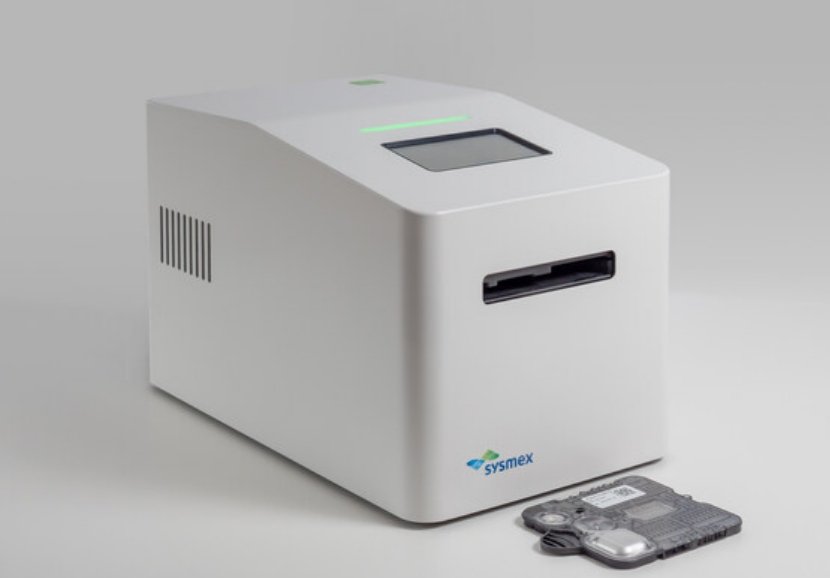
Following a decade of developments, and entries from more than 250 teams around the world, including 11 from the US, the $10 million (£8 million) Longitude Prize on AMR has been awarded by Challenge Works (part of innovation agency Nesta) to the PA-100 AST System from Sysmex Astrego.
The Longitude Prize on AMR launched in 2014 – funded by Nesta – to incentivise the creation of new diagnostic tests that, in a matter of minutes, can identify whether an infection is bacterial, and if so, the right antibiotic to prescribe to slow the spread of antibiotic resistant infections. The goal is to replace the 2-3 day lab test process that doctors and patients must currently endure, and end "just in case" prescribing that is prevalent as a result which promotes the development of antibiotic resistance.
The PA-100 AST System is an innovative diagnostic test based on technology from Uppsala University in Sweden. The test will transform the treatment of urinary tract infections (UTIs) and brings the power of laboratory testing into a doctor's office.
Using a 0.4CC (400µl) sample of urine on a smartphone-sized cartridge, the test can identify the presence of a bacterial infection in just 15 minutes and accurately identify the right antibiotic to treat it within 45 minutes. This supports health workers in their clinical decision making at the point of care, and opens up the significant possibility of previously 'retired' first-line antibiotics coming back into use for the majority of patients.
The cartridge, containing a nanofluidic chip, is inserted into an analyser unit – about the size of a shoebox – which reads the chip sample at a cellular level. Designed to work in doctor's offices, the analyser unit is fully automatic and maintenance free. It is the first time a point-of-care test is capable of identifying a specific infection and its susceptibility to specific drugs by observing how the patient's infection responds in real-time to different antibiotics (a phenotypic test).